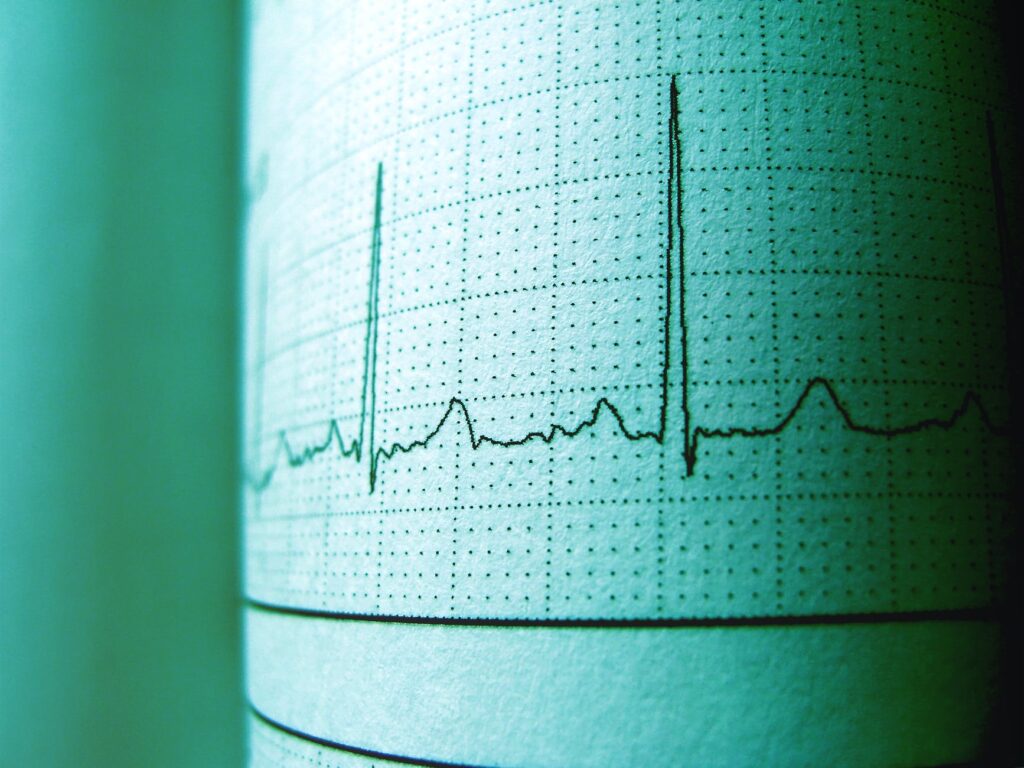
Introduction:
Prostate cancer is a type of cancer that affects the prostate gland in men. It is the second most common type of cancer among men, with over 1 million cases diagnosed each year worldwide. Says Dr. Erik Golubooff, In this article, we will discuss the symptoms, diagnosis, and treatment options for prostate cancer.
Symptoms of prostate cancer:
In the early stages, prostate cancer may not cause any noticeable symptoms. As the cancer progresses, however, men may experience symptoms such as difficulty urinating, frequent urination, blood in the urine or semen, and pain or discomfort in the pelvic area.
Diagnosis of prostate cancer:
Prostate cancer is typically diagnosed through a combination of physical exams and diagnostic tests, including a prostate-specific antigen (PSA) blood test and a digital rectal exam. A biopsy may also be necessary to confirm the presence of cancer cells in the prostate.
Treatment of prostate cancer:
There are several treatment options available for prostate cancer, including surgery, radiation therapy, hormone therapy, and chemotherapy. The best treatment option for each person will depend on the stage of the cancer, the person’s age and overall health, and their personal preferences.
Active surveillance:
In some cases, a healthcare provider may recommend active surveillance, also known as watchful waiting, for men with low-risk prostate cancer. This involves monitoring the cancer with regular check-ups and delaying treatment until the cancer shows signs of progression.
Prevention of prostate cancer:
There are several steps men can take to reduce their risk of developing prostate cancer. These include maintaining a healthy diet and lifestyle, exercising regularly, and getting regular check-ups with a healthcare provider.
Conclusion:
Prostate cancer is a common type of cancer among men, but with early detection and appropriate treatment, men can manage the cancer and improve their quality of life. It is important for men to be aware of the symptoms of prostate cancer and to undergo regular check-ups with a healthcare provider to monitor their prostate health. By taking preventive measures and seeking appropriate medical care, men can reduce their risk of developing prostate cancer and lead a healthy, fulfilling life.